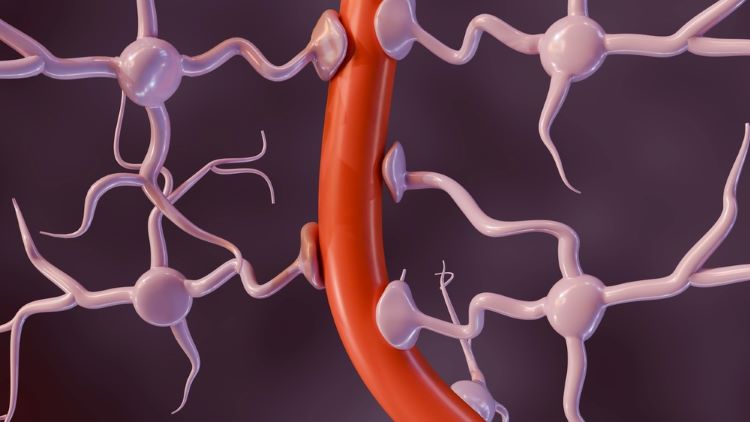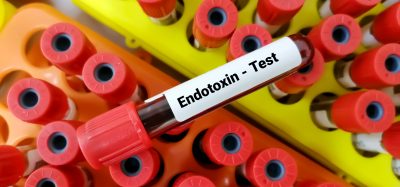AbbVie agrees $1.4 billion Alzheimer’s acquisition
Posted: 29 October 2024 | Catherine Eckford (European Pharmaceutical Review) | No comments yet
The deal will help AbbVie to strengthen its neuroscience pipeline, including supporting development of next-generation therapies for delivery into the central nervous system.


AbbVie has signed to acquire the biotech Aliada Therapeutics for $1.4 billion. The deal enables the advancement of a potentially best-in-class disease-modifying therapy for Alzheimer’s.
Dr Roopal Thakkar, Executive Vice President, Research and Development and Chief Scientific Officer, AbbVie, highlighted that neuroscience is one of AbbVie’s key growth areas.
Aliada’s lead asset ALIA-1758 is an anti-pyroglutamate amyloid beta (3pE-Aβ) antibody being developed to treat the neurodegenerative disease. At present, the biologic treatment is being investigated in a Phase I clinical trial.
Crossing the blood-brain barrier
“Aliada’s novel BBB-crossing technology strengthens our R&D capabilities to accelerate the development of next-generation therapies for neurological disorders”
“Aliada’s novel [blood-brain barrier]-crossing technology strengthens our R&D capabilities to accelerate the development of next-generation therapies for neurological disorders and other diseases where enhanced delivery of therapeutics into the [central nervous system] is beneficial,” Dr Thakkar shared.
ALIA-1758 transports the antibody across the blood-brain barrier to generate degradation of amyloid beta plaque and its elimination, the companies explained.
This acquisition is set to close in the fourth quarter of 2024, subject to regulatory approvals and other customary closing conditions.
Recent developments in the Alzheimer’s therapeutic space
Last week, Eli Lilly and Company secured Medicines and Healthcare products Regulatory Agency (MHRA) authorisation for Kisunla™ (donanemab-azbt), making Great Britain the third major market where donanemab has received approval. This follows approval in the US earlier this Summer as well as approval in Japan last month.
However, the treatment was not granted use on the NHS by the National Institute for Health and Care Excellence (NICE), for instance, due to the body’s current uncertainty on its cost-effectiveness.
Separately, promising Phase I trial data from Regeneration Biomedical has shown that its stem cell therapy lowered p-Tau and beta amyloid levels at 12 weeks in patients with Alzheimer’s. This data was presented at the 2024 Clinical Trials on Alzheimer’s Disease (CTAD) conference.
Related topics
Big Pharma, Biologics, Biopharmaceuticals, Clinical Development, Clinical Trials, Drug Development, Industry Insight, Mergers & Acquisitions, Research & Development (R&D), Technology, Therapeutics









